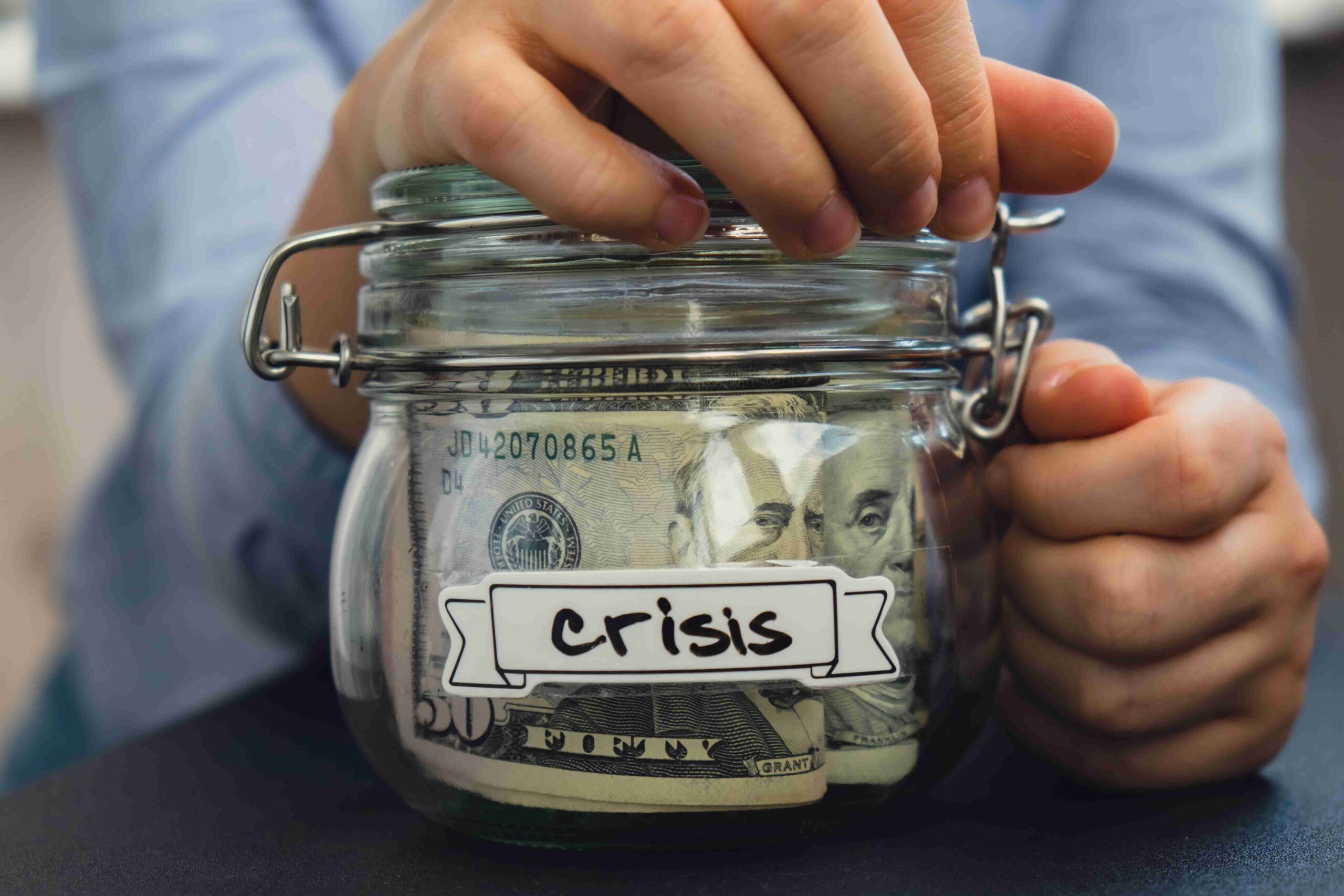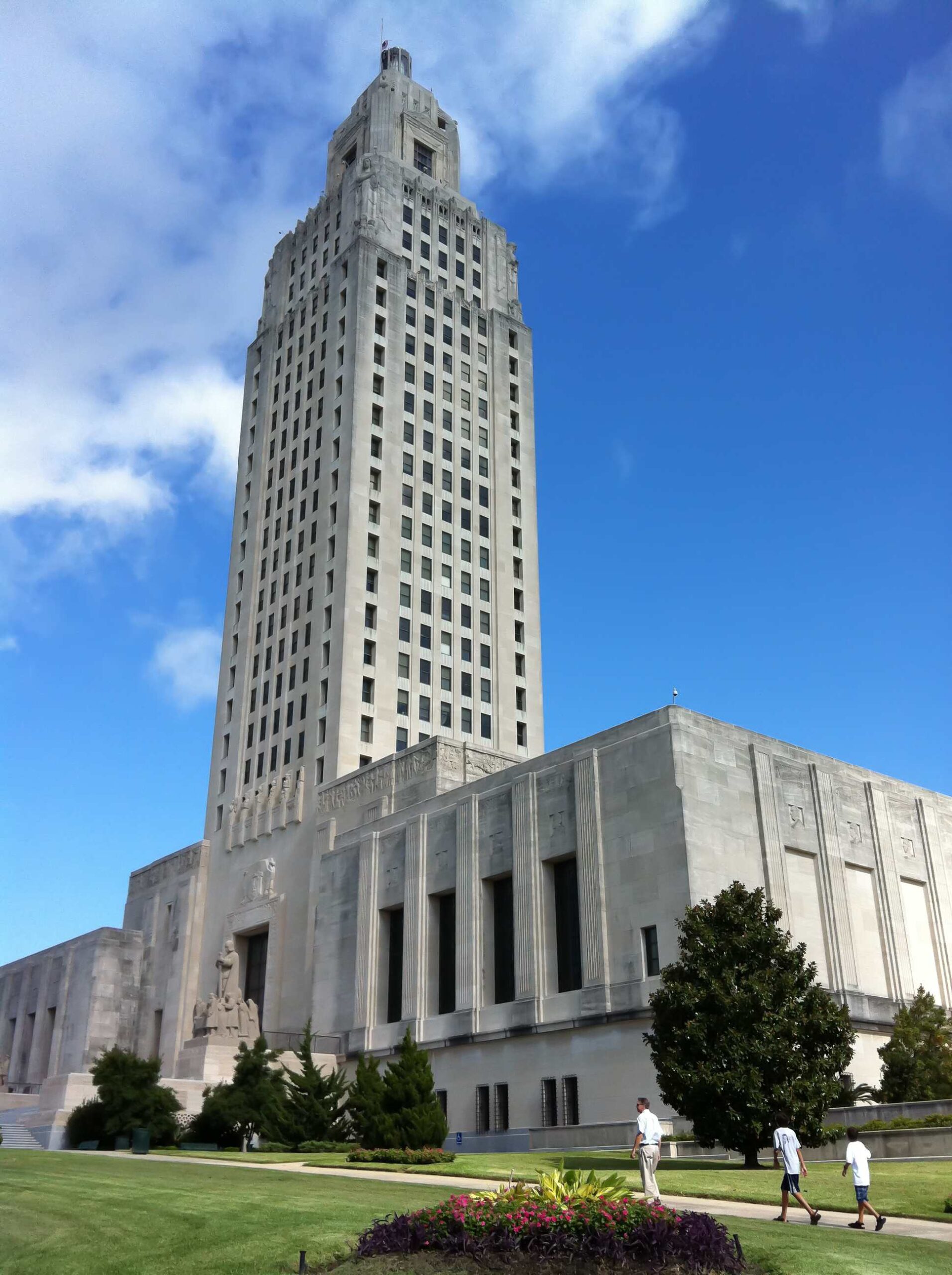Louisiana is in the midst of a deep financial crisis, and Governor John Bel Edwards faces the daunting task of navigating the state through a billion-dollar budget shortfall. As a Democrat leading a traditionally conservative state, Edwards must balance fiscal responsibility with political reality, a challenge that has defined his tenure since taking office in January 2016. His efforts to raise revenue through tax increases have met resistance from both conservative lawmakers and wary constituents, while spending cuts threaten to undermine critical public services.

Edwards’ election was a political surprise. His decisive victory over Republican Senator David Vitter in November 2015 was not necessarily an endorsement of Democratic policies but rather a rejection of his opponent. However, the reality he inherited was anything but favorable. His predecessor, Bobby Jindal, left behind a financial mess, having relied on temporary fixes and tax breaks that depleted state funds while refusing to consider revenue increases. As a result, Louisiana now faces immediate and long-term deficits that demand difficult decisions.
In response to the crisis, Edwards introduced a series of tax increases, including a one-cent sales tax hike that pushed Louisiana’s average sales tax to one of the highest in the country. Other tax adjustments targeted items such as tobacco, alcohol, and short-term rentals. While necessary to stabilize the budget, these measures sparked opposition across the political spectrum. Conservatives criticized Edwards for raising taxes rather than cutting spending, while progressives argued that the sales tax disproportionately affected low-income residents. Meanwhile, businesses found themselves grappling with the loss of longstanding tax exemptions.
Despite ideological differences, Louisiana’s GOP-led legislature ultimately approved many of Edwards’ tax proposals, recognizing the severity of the financial crisis. However, the resistance to new revenue streams remains strong. The belief that the state can balance its budget without tax increases persists among some voters, complicating Edwards’ efforts to gain broad public support.

Spending cuts remain another contentious issue. The Jindal administration had already made deep reductions in state funding, particularly in higher education, which saw some of the steepest cuts in the nation. Edwards has expressed a willingness to trim government programs but argues that most of the easy reductions have already been made. Any further cuts would likely affect essential services such as universities and the popular TOPS scholarship program, which helps middle-class families afford college.
The political landscape in Louisiana remains complex. While frustration with Jindal’s financial mismanagement created an opening for Edwards, it did not translate into a clear mandate for higher taxes. Some polls suggest that voters are open to tax increases if they are tied to education funding, but skepticism remains. Edwards’ approval ratings reflect this ambivalence, with some polls showing low numbers for a newly elected governor, likely influenced by his party affiliation in a deeply red state.
The emergency legislative session that ended in March 2016 left many issues unresolved, and with a nearly $1 billion shortfall looming for the next fiscal year, another special session is likely. Edwards’ ability to steer Louisiana through this crisis will depend on his capacity to balance pragmatism with political survival. The coming months will test whether his approach (combining targeted tax increases with strategic spending cuts) can gain enough bipartisan support to stabilize the state’s finances.
